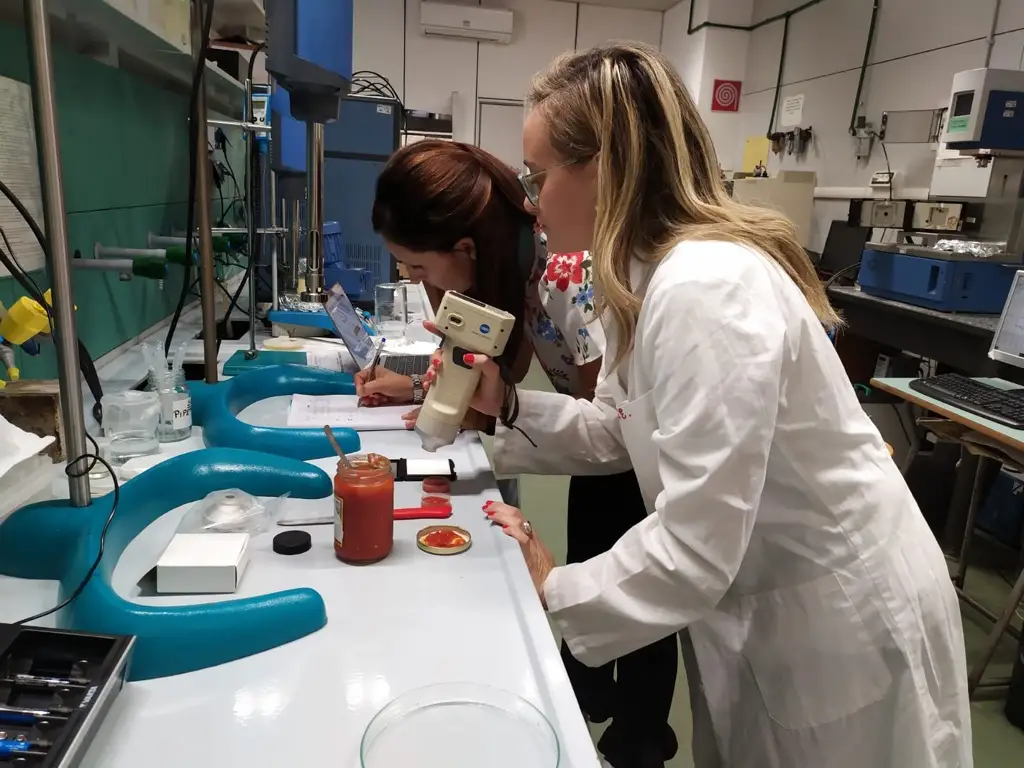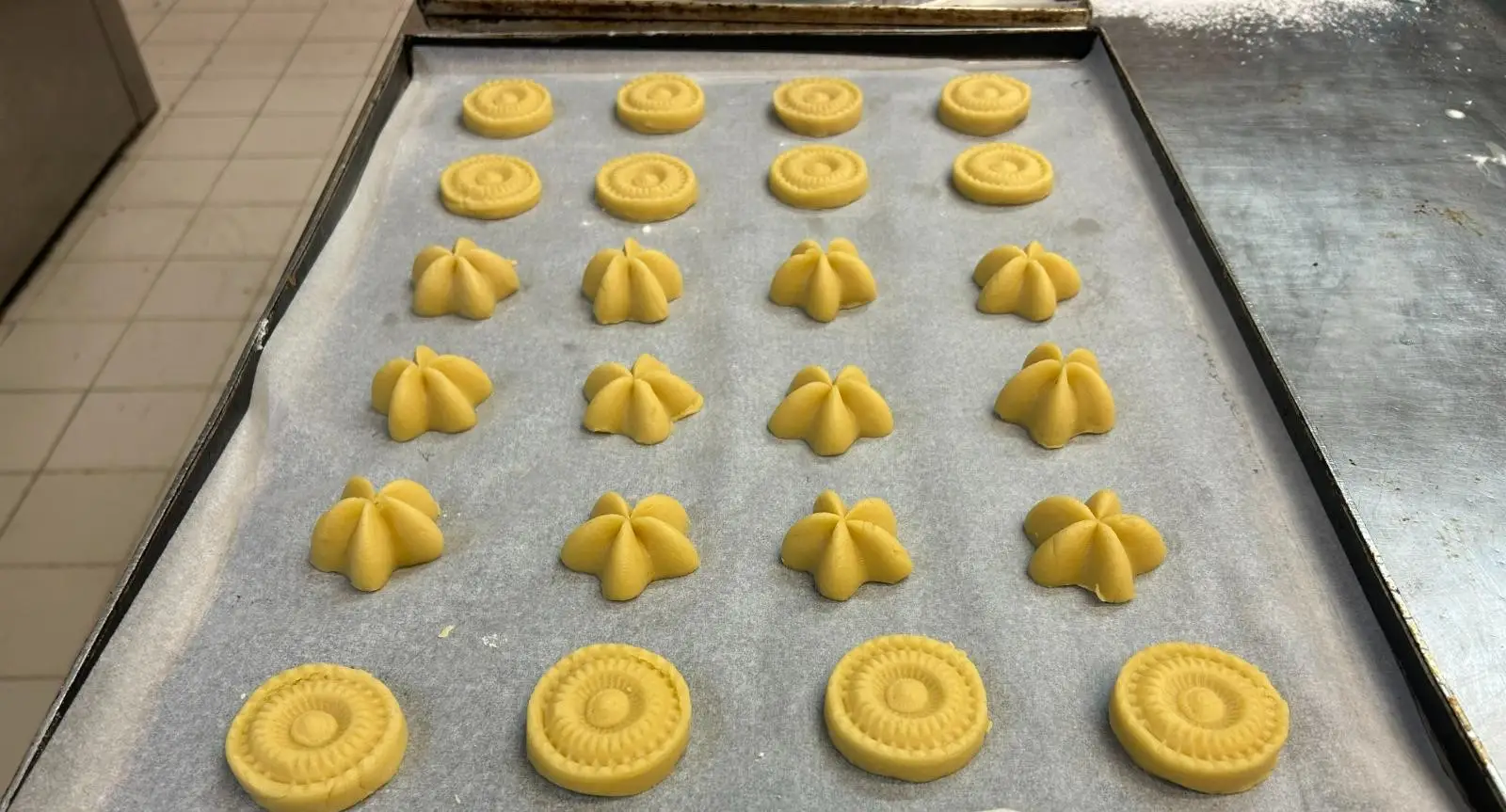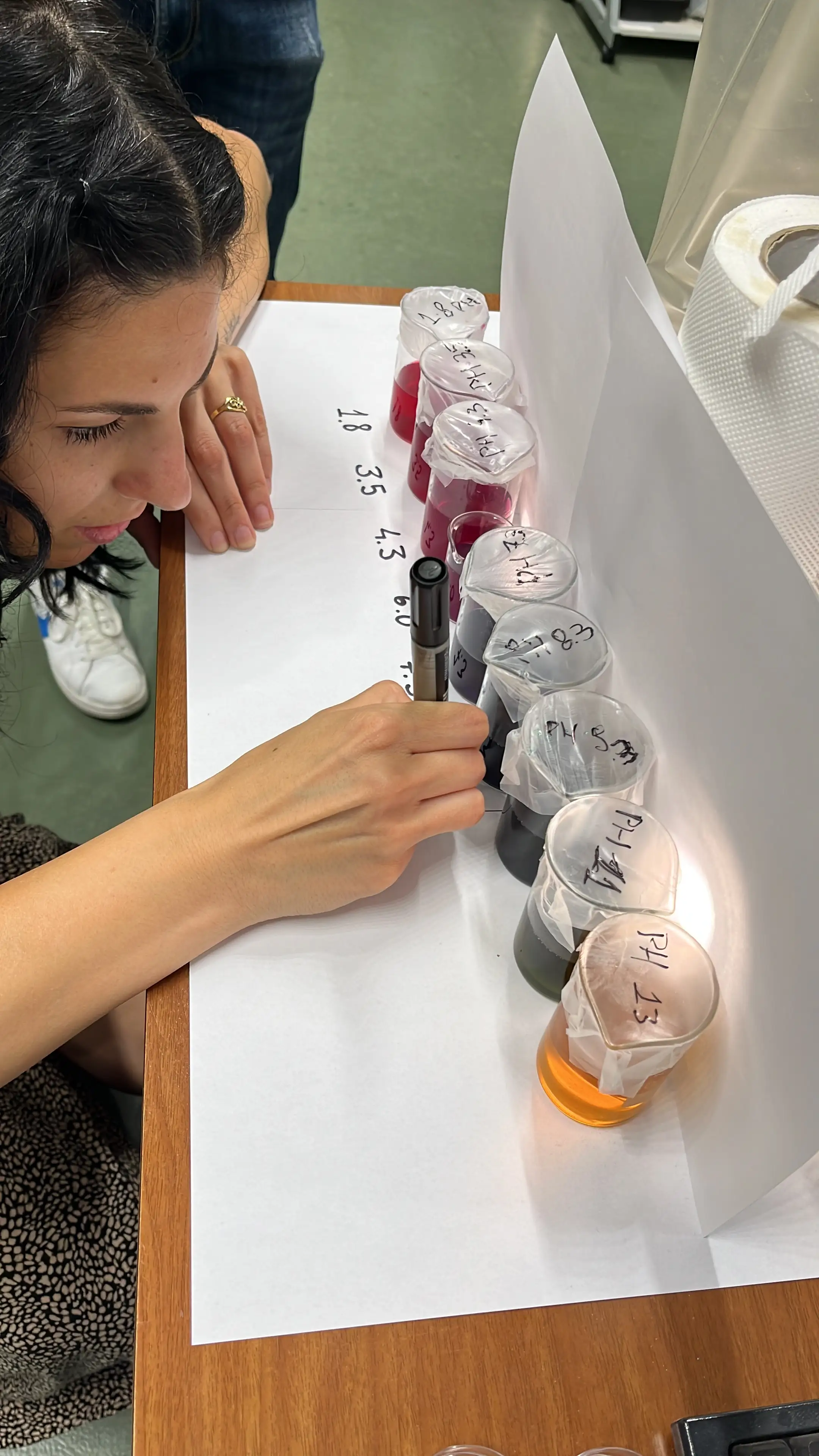Pubblicata Venerdì 19 Luglio 2024 16:35
The LIVING Labs model to support food sustainability and culture
The University of Calabria won the GNAM project, a cascade call in the PNRR area.

The University of Calabria won the GNAM project, a cascade call in the PNRR area.
Transforming the corporate museums of food companies from showcases to Living Labs in which different stakeholders, including producers and consumers, researchers and policymakers, co-create innovative actions towards sustainable food systems: this is the objective of the GNAM project, “Growing Novel food living lAbs in corporate Museums”.
The University of Calabria, with research groups from the Departments of DIMES and Physics, with the contribution of the University of Siena, GIAS SpA, Rubbettino, Blec and Astorino Pasta, is the winner of a cascade call on the ONFOODS “Research and innovation network on food and nutrition Sustainability, Safety and Security” programme.
Malnutrition is increasing worldwide, especially for vulnerable social groups like children, elderly people, and low-income households. The lack of awareness of what constitutes a healthy meal, the limited purchasing power and the rising costs of food contribute to a higher risk of diet-related non-communicable diseases, with critical consequences on the healthcare systems. On the other hand, food companies struggle to be sustainable and competitive in the market, especially in some regions like Southern Italy. They need new strategies and partnerships to better cope with the effects of the economic and environmental crises.
The project GNAM is motivated by the pressure to achieve sustainable food systems which can increase business opportunities, improve the health status of the population, and reduce inequalities in food security while addressing climate crisis (resource scarcity, pollution and waste, loss of biodiversity).
To address these challenges, the project GNAM will combine two recent trends: the corporate museums for social responsibility, exhibit-based facilities managed by a business company, which collects and displays artefacts (e.g., prototypes, archive documents) to illustrate the history and achievements of the company and the Living Lab model for technological and social innovations.
Corporate museums are a contemporary phenomenon that has increased in the last few years with growing interest as tourism destinations and as a means to promote Made in Italy. While currently, corporate museums act purely as a showcase for marketing purposes, they can also serve a social function for the benefit of the local community and society as a whole.
The project GNAM proposes to apply the organisational model of the Living Labs (LLs) to corporate museums. The Living Labs constitute a community of stakeholders that fosters open innovation in real-life environments based on co-creation activities.
The Living Labs of GNAM will organise a series of activities aimed at favouring collaborations among the stakeholders in four domains: technology transfer to experiment with advanced knowledge like 3D food printing to envision new food offerings; education to offer learning experiences to consumers and professionals; innovation of products and services to experiment with new concepts, materials and technologies; communication to raise awareness and stimulate consumers’ habits towards healthy and sustainable nutrition.






